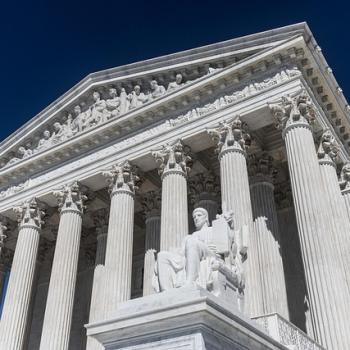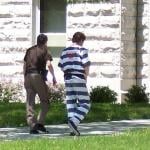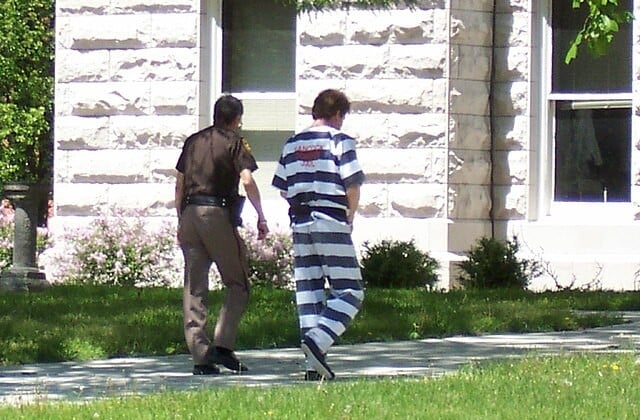
Background Of Prison Grooming Case
In 2020, Damon Landor received a five-month sentence in Louisiana in connection with a drug possession charge. During the first four months months behind bars, he was housed at two different correctional facilities. The officials at these two facilities allowed Landor, a practicing Rastafarian, to keep his dreadlocks long or under a rastacap. However, trouble arose upon Landor’s transfer to the Raymond Laborde Correctional Center in Cottonport, Louisiana to serve the last three weeks of his sentence.
Prison guards dealing with Landor objected to his knee-length dreadlocks. In fact, Landor had not cut his hair in almost two decades. The prisoner provided the guards with proof of his religious accommodations. Additionally, he gave them a copy of a federal circuit court’s 2017 ruling that Louisiana’s practice of cutting the hair of Rastafarians violated federal law, specifically the Religious Land Use and Institutionalized Persons Act (“RLUIPA”). Nevertheless, the warden ordered Landor’s dreadlocks cut. The guards threw Landor’s paperwork in the trash, handcuffed him to a chair, and shaved his head down to the scalp.
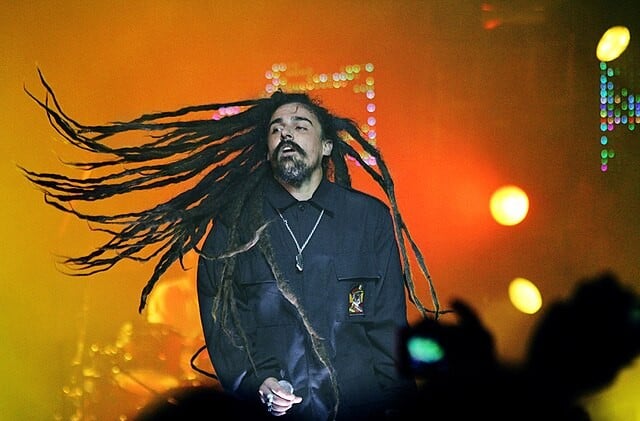
Free Exercise of Landor’s Faith Entailed Grooming
As a Rastafarian, Landor took a Nazirite vow in which he pledged to “let the locks of his hair grow.” Both a religious and political movement, Rastafari started in the 1930s in Jamaica. Reggae music grew out of the Rastafarian movement with the faith spreading across the world during the 1970s via singer, songwriter, and Jamaican music icon Bob Marley.
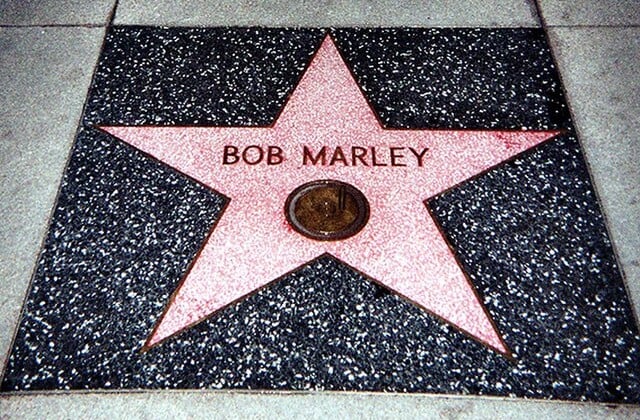
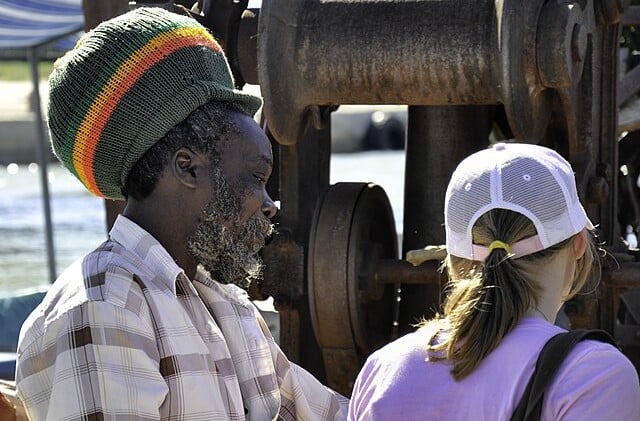
The Free Exercise Clause and Federal Law
The First Amendment of the US Constitution states Congress shall make no law prohibiting the free exercise of religion. The express language in this amendment makes it applicable to Congress. However, the US Supreme Court held in a 1940 case that the clause is enforceable against state and local governments as well. This applicability occurs via the Due Process Clause of the Fourteenth Amendment.
Federal legislation also expressly protects prisoners from violations of their right to free exercise of religion. RUIPA, passed unanimously by Congress in 2000, was intended to deter state and local prisons from placing arbitrary or unnecessary restrictions on religious practices. The Louisiana prison system thus came within the law’s purview.
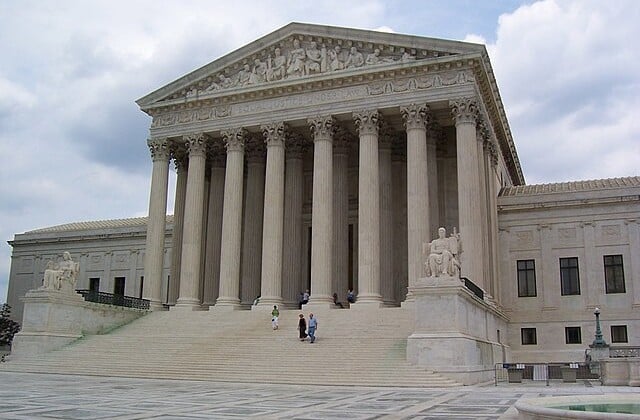
Court Action Arises From Prison Grooming Incident
Landor brought suit in federal court against the intake officers at Raymonde Laborde Correctional Center based on their cutting his dreadlocks. He sought money damages from the officers in their individual capacities for violating RLUIPA. Based on that law’s failure to provide for damages against individual state officials, the presiding judge dismissed the case.
On appeal by Landor, his lawyers argued that denying those wronged by RLUIPA violations the ability to seek damages failed to provide the meaningful protection of religious liberty the law intended. But, based on a controlling prior decision, the three-judge panel of the 5th Circuit Court of Appeal upheld the lower court’s decision. The appellate court did strongly condemn the prison officers’ treatment of Landor though.
Up To The US Supreme Court
Undeterred, Landor pursued his case by petitioning the US Supreme Court to hear it. Over thirty religious groups and the Justice Department backed this request. They believe monetary damages are often the only way to hold prison officials accountable for violating religious rights.
On June 23, the high court announced its acceptance of the case for its fall term which begins in October. After arguments are heard, the Supreme Court’s decision should come by the summer of 2026. Winning the prison grooming free exercise case remains Landor’s goal. In reality, the biggest win may be helping other prisoners avoid having their religious rights violated in the future.
More Information on The Dreadlocks Case






